
Riboflavin
Scientific names: Riboflavin, Vitamin B2
Alternative names: B Complex Vitamin, Complexe de Vitamines B, Flavin, Flavine, Lactoflavin, Lactoflavine, Riboflavin 5' Phosphate, Riboflavin Tetrabutyrate, Riboflavina, Riboflavine, Vitamin B2, Vitamin G, Vitamina B2, Vitamine B2, Vitamine G
Actions: Anticancer, Bone, Cardiovascular, Exercise performance enhancement, Metabolic, Central nervous system (CNS), Ocular
Background
Riboflavin is vitamin B2. It is widely found in both plant- and animal-based foods, including milk, meat, eggs, nuts, enriched flour, and green vegetables.
Riboflavin is involved in many body processes. It's required for the proper development of the skin, lining of the digestive tract, blood cells, and brain function.
People commonly use riboflavin to prevent riboflavin deficiency. It is also used for acne, muscle cramps, and many other conditions, but there is no good scientific evidence to support most of these uses.
Riboflavin is involved in many body processes. It's required for the proper development of the skin, lining of the digestive tract, blood cells, and brain function.
People commonly use riboflavin to prevent riboflavin deficiency. It is also used for acne, muscle cramps, and many other conditions, but there is no good scientific evidence to support most of these uses.
Safety Safety definitions
When taken by mouth: Riboflavin is likely safe for most people in doses of up to 400 mg daily. In some people, riboflavin can cause the urine to turn a bright yellow color. It may also cause nausea.
Children: Riboflavin is likely safe for most children when consumed in amounts commonly found in foods. Higher doses of 100-200 mg daily have also been safely used.
Liver disease: Riboflavin absorption is decreased in people with liver disease.
Special Precautions & Warnings:
Pregnancy and breast-feeding: Riboflavin is likely safe when consumed in amounts commonly found in foods. The recommended intake is 1.4 mg daily during pregnancy and 1.6 mg daily during lactation.Children: Riboflavin is likely safe for most children when consumed in amounts commonly found in foods. Higher doses of 100-200 mg daily have also been safely used.
Liver disease: Riboflavin absorption is decreased in people with liver disease.
Effectiveness
NatMed Pro rates effectiveness based on scientific evidence according to the following scale: Effective, Likely Effective, Possibly Effective, Possibly Ineffective, Likely Ineffective, Ineffective, and Insufficient Evidence to Rate.
Effective Effectiveness definitions
- Riboflavin deficiency (ariboflavinosis). Taking riboflavin by mouth can increase levels of riboflavin in the body, helping to treat and prevent riboflavin deficiency.
Possibly effective Effectiveness definitions
- High levels of homocysteine in the blood (hyperhomocysteinemia). Taking riboflavin by mouth for 12 weeks decreases levels of homocysteine by up to 40% in some people with a specific gene type.
- Migraine. Taking high-dose riboflavin by mouth seems to modestly reduce the number and severity of migraine headaches in adults. It's unclear if it helps children.
Dosing & administration
Riboflavin is an important nutrient that is found in many foods. The amount that should be consumed on a daily basis is called the recommended dietary allowance (RDA). For adult males, the RDA is 1.3 mg daily. For adult females, the RDA is 1.1 mg daily. During pregnancy, the RDA is 1.4 mg, and during breastfeeding, the RDA is 1.6 mg. Recommended amounts for children depend on age.
Riboflavin is also available in supplements. Taking riboflavin supplements with food will increase how much the body absorbs. Speak with a healthcare provider to find out what dose might be best for a specific condition.
Riboflavin is also available in supplements. Taking riboflavin supplements with food will increase how much the body absorbs. Speak with a healthcare provider to find out what dose might be best for a specific condition.
Interactions with pharmaceuticals
Antibiotics (Tetracycline antibiotics)
Interaction Rating=Moderate Be cautious with this combination.
Riboflavin might decrease the amount of tetracyclines that the body can absorb. Taking riboflavin along with tetracyclines might decrease the effects of tetracyclines. To avoid this interaction, take riboflavin 2 hours before or 4 hours after taking tetracyclines.
Interactions with herbs & supplements
Blond psyllium: Psyllium reduces absorption of riboflavin from supplements in healthy individuals. It isn't clear whether it reduces absorption of riboflavin found in foods, or whether this interaction can impact health.
Boron: A form of boron, called boric acid, might reduce the absorption of riboflavin.
Iron: In people with riboflavin and iron deficiency, riboflavin supplements may improve the effects of iron supplements.
Boron: A form of boron, called boric acid, might reduce the absorption of riboflavin.
Iron: In people with riboflavin and iron deficiency, riboflavin supplements may improve the effects of iron supplements.
Interactions with foods
Taking riboflavin supplements with food might increase how much riboflavin the body absorbs.
Products
View all productsPer 8 g (Tropical):
- Riboflavin (Vitamin B2) 25 mg
- Riboflavin 5-phosphate sodium (Activated B2) 34.2 mg equiv. riboflavin 25 mg
- L-glutamine 500 mg
- Taurine 500 mg
- Magnesium amino acid chelate 3.2 g equiv. magnesium 320 mg
- Levocarnitine tartrate (L-carnitine) 293.25 mg equiv. levocarnitine 200 mg
- Calcium ascorbate dihydrate (Vitamin C) 121.7 mg equiv. ascorbic acid 100 mg equiv. calcium 11.44 mg
- Thiamine hydrochloride (Vitamin B1) 30 mg
- Nicotinamide (Vitamin B3) 50 mg
- Calcium pantothenate (Vitamin B5) 87.3 mg equiv. pantothenic acid 80 mg equiv. calcium 7.34 mg
- Pyridoxine hydrochloride (Vitamin B6) 30.4 mg equiv. pyridoxine 25 mg
- Calcium folinate (Activated folate) 163.2 μg equiv. folinic acid 150.4 μg
- Hydroxocobalamin (Vitamin B12) 100 μg
- Calcium hydrogen phosphate dihydrate 171.7 mg equiv. calcium 41.38 mg
- Chromium picolinate 200.8 μg equiv. chromium 24.8 μg
- Potassium aspartate 53.3 mg equiv. potassium 11 mg
- Selenomethionine 62.4 μg equiv. selenium 24.8 μg
- Zinc amino acid chelate 25 mg equiv. zinc 5 mg
- D-Ribose 200 mg
- Pyridoxal 5-phosphate monohydrate (P5P) 36.5 mg equiv. pyridoxine 25 mg
- Ubidecarenone (Coenzyme Q10) 75 mg
Practitioner product
Per capsule:
- Riboflavin (Vitamin B2) 15 mg
- Riboflavin 5-phosphate sodium (Activated B2) 6.35 mg equiv. riboflavin 5 mg
- Retinol palmitate 682 μg equiv. vitamin A 372 μg RE
- Ascorbic acid (Vitamin C) 37.5 mg
- d-alpha-Tocopheryl acid succinate 16.8 mg equiv. vitamin E 25 IU
- Cholecalciferol 10 μg equiv. vitamin D3 400 IU
- Zinc amino acid chelate 37.5 mg equiv. zinc 7.5 mg
- Mecobalamin (Vitamin B12) 50 μg
- Nicotinamide (Vitamin B3) 5 mg
- Calcium pantothenate (Vitamin B5) 27.3 mg equiv. pantothenic acid 25 mg equiv. calcium 2.289 mg
- Pyridoxine hydrochloride (Vitamin B6) 24.3 mg equiv. pyridoxine 20 mg
- Menaquinone 7 (Vitamin K2) 7.5 μg
- Biotin 50 μg
- Borax 8.8 mg equiv. boron 1 mg
- Potassium iodide (Iodine) 98.3 μg equiv. iodine 75 μg equiv. potassium 23 μg
- Magnesium phosphate pentahydrate 84.7 mg equiv. magnesium 17.5 mg
- Manganese amino acid chelate 10 mg equiv. manganese 1 mg
- Molybdenum trioxide 18.8 μg equiv. molybdenum 12.5 μg
- Selenomethionine 62.5 μg equiv. selenium 25 μg
- Inositol 12.5 mg
- Pyridoxal 5-phosphate monohydrate (P5P) 3.9 mg equiv. pyridoxine 2.5 mg
- Calcium folinate (Activated folate) 127 μg equiv. folinic acid 100 μg
- Levomefolate calcium (Activated folate) 108 μg equiv. levomefolic acid 100 μg equiv. calcium 8.7 μg
- Cyanocobalamin (Vitamin B12) 100 μg
- Nicotinic acid (Vitamin B3) 5 mg
- Thiamine nitrate (Vitamin B1) 30.8 mg equiv. thiamine 25 mg
- Calcium hydrogen phosphate 84.8 mg equiv. calcium 25 mg
- Chromium picolinate 202 μg equiv. chromium 25 μg
- Choline bitartrate 25 mg
- Ganoderma lucidum ext. 37.5 mg
Practitioner product
Per capsule:
- Riboflavin (Vitamin B2) 15 mg
- Riboflavin 5-phosphate sodium (Activated B2) 6.4 mg equiv. riboflavin 5 mg
- Retinol palmitate 341 μg equiv. vitamin A 186 μg RE
- Co-methylcobalamin (Vitamin B12) 50 μg
- Ascorbic acid (Vitamin C) 37.5 mg
- Cholecalciferol 10 μg equiv. vitamin D3 400 IU
- Zinc amino acid chelate 50 mg equiv. zinc 10 mg
- d-alpha-Tocopherol 8.4 mg equiv. vitamin E 12.5 IU
- Nicotinic acid (Vitamin B3) 2.5 mg
- Nicotinamide (Vitamin B3) 25 mg
- Calcium pantothenate (Vitamin B5) 27.3 mg equiv. pantothenic acid 25 mg equiv. calcium 2.289 mg
- Pyridoxal 5-phosphate monohydrate (P5P) 3.9 mg equiv. pyridoxine 2.5 mg
- Pyridoxine hydrochloride (Vitamin B6) 15.2 mg equiv. pyridoxine 12.5 mg
- Calcium folinate (Activated folate) 127 μg equiv. folinic acid 100 μg
- Levomefolate calcium (Activated folate) 54 μg equiv. levomefolic acid 50 μg
- Cyanocobalamin (Vitamin B12) 100 μg
- Biotin 75 μg
- Borax 4.4 mg equiv. boron 500 μg
- Calcium citrate tetrahydrate 59.3 mg equiv. calcium 12.5 mg
- Chromium picolinate 202 μg equiv. chromium 25 μg
- Potassium iodide (Iodine) 49.1 μg equiv. iodine 37.5 μg equiv. potassium 11.6 μg
- Magnesium phosphate pentahydrate 96.8 mg equiv. magnesium 20 mg
- Manganese amino acid chelate 15 mg equiv. manganese 1.5 mg
- Molybdenum trioxide 93.8 μg equiv. molybdenum 62.5 μg
- Selenomethionine 62.5 μg equiv. selenium 25 μg
- Inositol 25 mg
- Menaquinone 7 (Vitamin K2) 7.5 μg
- Alpinia galanga ext. 100 mg
- Choline bitartrate 25 mg
- Lycopersicon esculentum ext. 1.67 mg
- Thiamine nitrate (Vitamin B1) 30.8 mg equiv. thiamine 25 mg
Practitioner product
Per bar:
- Riboflavin (Vitamin B2)
- Soy protein isolate
- Whey protein concentrate
- Calcium caseinate
- Maltitol
- Theobroma cacao (Cocoa solids)
- Milk solids powder
- Soy lecithin
- Polyglycerol polyricinoleate (E-476)
- Natural vanilla flavour
- Polydextrose
- Glycerol
- Sorbitol
- Sunflower oil
- Natural flavours
- Thiamine hydrochloride (Vitamin B1)
- Pyridoxine hydrochloride (Vitamin B6)
- Ascorbic acid (Vitamin C)
- Cholecalciferol
- d-alpha-Tocopheryl acid succinate
- Nicotinamide (Vitamin B3)
- Calcium pantothenate (Vitamin B5)
- Calcium hydrogen phosphate
- Ferrous fumarate
- Zinc bisglycinate (Zinc amino acid chelate)
- Chromium nicotinate
- Copper gluconate
- Manganese amino acid chelate
- Potassium iodide
- Biotin
- Theobroma cacao (Cocoa powder)
- Tocopherols concentrate - mixed (Vitamin E)
- Acacia sp. (fibre)
- Stevia rebaubiana
Practitioner product
Per 10 g:
Practitioner product
Per 48 g:
- Riboflavin (Vitamin B2)
- Whey protein concentrate
- Whey protein isolate
- Soy lecithin
- Theobroma cacao (Cocoa powder)
- Medium Chain Triglycerides (powder) (MCT)
- Calcium phosphate dibasic
- Flavour
- Magnesium citrate
- Cyamopsis tetragonoloba (Guar gum)
- Calcium citrate
- Zinc gluconate
- Ascorbic acid (Vitamin C)
- Beta-carotene carotenoids (Vitamin A)
- Chromium chloride
- Ferrous fumarate
- d-alpha-Tocopheryl acetate
- Calcium pantothenate (Vitamin B5)
- Sodium selenite
- Thiamine hydrochloride (Vitamin B1)
- Cyanocobalamin (Vitamin B12)
- Biotin
- Potassium iodide
- Sodium molybdate
- Niacinamide (Vitamin B3)
- Copper sulfate
- Manganese citrate
- Cholecalciferol
- Folic acid
- Pyridoxine hydrochloride (Vitamin B6)
RRP: $64.96$48.72Save: 25%
Create account
Per 6 g:
- Riboflavin (Vitamin B2)
- Magnesium citrate
- Magnesium glycinate
- Fragaria ananassa (juice) powder (Strawberry)
- Euterpe oleracea (berry) ext. (Acai)
- Aristotelia chilensis (Maqui berry)
- Garcinia mangostana (fruit) powder
- Lycium barbarum (fruit)
- Glycine
- Magnesium orotate
- Potassium citrate
- Taurine
- L-glutamine
- Coconut water powder
- Beta vulgaris (root) powder (Beetroot)
- Calcium citrate
- Natural strawberry flavour
- Levocarnitine tartrate (L-carnitine)
- Curry leaf extract
- Psidium guajava (Guava)
- Citrus limon (Lemon)
- Phyllanthus emblica
- Ocimum tenuiflorum
- Bixa orellana
- Malic acid
- Silica - colloidal anhydrous
- Pyridoxine hydrochloride (Vitamin B6)
- Calcium pantothenate (Vitamin B5)
- Zinc citrate dihydrate
- Nicotinamide (Vitamin B3)
- Thiamine hydrochloride (Vitamin B1)
- Cyanocobalamin (Vitamin B12)
- Thaumatin
- Punica granatum
- Rubus idaeus (fruit) powder
- Calcium folinate (Activated folate)
Practitioner product
Per 15 g (Rich Chocolate):
- Riboflavin (Vitamin B2)
- Pea protein isolate 8.3 g
- Lactobacillus acidophilus 1.58 billion CFU
- Bifidobacterium bifidum 1.58 billion CFU
- Marine algae 500 mg
- Linum usitatissimum (seed) (Flaxseed) 250 mg
- Sunflower lecithin 200 mg
- Spinacia oleracea (Spinach) 100 mg
- Beta vulgaris (root) powder (Beetroot) 100 mg
- Daucus carota powder (Carrot) 100 mg
- Arthrospira platensis (Spirulina) 100 mg
- Wheatgrass powder 100 mg
- Zingiber officinale powder 40 mg
- Ribes nigrum powder 200 mg
- Vitis vinifera powder 200 mg
- Malpighia glabra powder 100 mg
- Lycium chinese powder 100 mg
- Vaccinium myrtillus powder 100 mg
- Bacopa monnieri powder 50 mg
- Taraxacum officinale powder 30 mg
- Malus (fibre) powder (Apple) 587 g
- Apple pectin 200 mg
- Plantago ovata (husk) (Psyllium) 100 mg
- Citric acid anhydrous 150 mg
- Citrus bioflavonoids extract 70 mg
- Ananas comosus (Bromelain) 30 mg
- R,S-alpha lipoic acid 20 mg
- Beta glucan 11.5 mg
- Dunaliella salina 8 mg
- Lutein 2 mg
- Zeaxanthin (Carotenoids) 400 µg
- Natural chocolate flavour
- Potassium phosphate dibasic
- Calcium citrate
- Ascorbic acid (Vitamin C)
- Zinc gluconate
- d-alpha-Tocopheryl acid succinate (Vitamin E)
- Thaumatin
- Nicotinamide (Vitamin B3)
- Manganese gluconate
- D-calcium pantothenate (Vitamin B5)
- Tocopherols concentrate - mixed (Vitamin E)
- Selenomethionine
- Retinyl palmitate
- Thiamine hydrochloride (Vitamin B1)
- Pyridoxine hydrochloride (Vitamin B6)
- Folate
- Chromium picolinate
- Cholecalciferol
- Fucus vesiculosus powder 97 mg
- Stevia rebaubiana powder
- Phytomenadione (Vitamin K1)
- Copper gluconate
- Calendula officinalis powder
- Biotin
- Cyanocobalamin (Vitamin B12)
- Theobroma cacao powder 2.1 g
- Brassica oleracea var. italica powder 100 mg
- Carica papaya 50 mg
- Hordeum vulgare 100 mg
- Natural vanilla flavour
- Magnesium gluconate
- Menaquinone 7 (Vitamin K2)
RRP: $48.00$40.80Save: 15%
Create account
Per 10 g:
- Riboflavin (Vitamin B2)
- Pea protein isolate
- Malus (Apple)
- Apple pectin
- Arthrospira platensis (Spirulina)
- Linum usitatissimum (seed) (Flaxseed)
- Sunflower lecithin
- Marine algae
- Wheatgrass powder
- Beta vulgaris (root) powder (Beetroot)
- Brassica oleracea var. italica (Broccoli)
- Chlorella pyrenoidosa powder
- Spinacia oleracea (Spinach)
- Daucus carota powder (Carrot)
- Zingiber officinale
- Glycyrrhiza glabra (root)
- Cynara scolymus
- Ribes nigrum
- Vitis vinifera
- Malpighia glabra
- Vaccinium myrtillus
- Camellia sinensis
- Rosa canina
- Centella asiatica
- Silybum marianum
- Rhodiola rosea
- Rosmarinus officinalis
- Withania somnifera
- Taraxacum officinale
- Lycium chinese (berry)
- Citric acid anhydrous
- Citrus bioflavonoids extract
- R,S-alpha lipoic acid
- Beta glucan
- Ubiquinol-10 (Coenzyme Q10)
- Dunaliella salina
- Lactobacillus acidophilus
- Bifidobacterium bifidum
- Potassium phosphate dibasic
- Magnesium citrate
- Ascorbic acid (Vitamin C)
- Natural vanilla flavour
- Natural pineapple flavour
- Zinc citrate
- Tocopherols concentrate - mixed (Vitamin E)
- Selenomethionine
- D-calcium pantothenate (Vitamin B5)
- Nicotinamide (Vitamin B3)
- Pyridoxine hydrochloride (Vitamin B6)
- Retinyl palmitate
- Cholecalciferol
- Copper gluconate
- Thiamine hydrochloride (Vitamin B1)
- Folate
- Chromium picolinate
- Panax ginseng
- Fucus vesiculosus
- Stevia rebaubiana (leaf)
- Phytomenadione (Vitamin K1)
- Biotin
- Cyanocobalamin (Vitamin B12)
- Lentinula edodes (fruiting body)
- Ulmus rubra (bark inner) powder
- Hordeum vulgare
- Plantago ovata (husk) (Psyllium)
- Theobroma cacao
- Tocopherols concentrate - mixed (Vitamin E)
- Astragalus membranaceus
- Manganese gluconate
- Menaquinone 7 (Vitamin K2)
- Fallopia japonica
- Amylase enzyme
- Protease
- Lipase
- Cellulase
- Lactase
- Euterpe oleracea (berry) ext. (Acai)
- Bacopa monnieri
- Salvia officinalis
- Vaccinium macrocarpon
RRP: $215.00$172.00Save: 20%
Create account
Per serve (Chocolate):
- Riboflavin (Vitamin B2)
- Sprouted and fermented pea protein
- Sprouted brown rice protein
- Theobroma cacao (Cocoa powder)
- Coconut milk powder
- Quinoa powder
- Pea (fibre) sprouted
- Inulin (Dietary fibre)
- Chia (seed)
- Linum usitatissimum (seed) (Flaxseed)
- Brassica oleracea var. italica
- AlgaeCal
- high vitamin D mushroom powder
- Magnesium phosphate tribasic
- Dark chocolate
- Calcium citrate
- Natural vanilla flavour
- Thaumatin
- Sunflower lecithin
- Vitamin E
- Ascorbic acid (Vitamin C)
- Potassium chloride
- Nicotinamide (Vitamin B3)
- Zinc oxide
- Retinol palmitate
- Calcium pantothenate (Vitamin B5)
- Pyridoxine hydrochloride (Vitamin B6)
- Thiamine hydrochloride (Vitamin B1)
- Ferrous fumarate
- Folic acid
- Potassium iodide
- Cyanocobalamin (Vitamin B12)
Practitioner product
Per sachet (Creamy Vanilla):
- Riboflavin (Vitamin B2)
- Pea protein isolate
- Pea Fibre
- Medium Chain Triglycerides (powder) (MCT)
- Isomalto-oligosaccharide (Soluble Fibre from Tapioca Starch)
- Coconut sugar
- Cyamopsis tetragonoloba (Guar gum)
- Xanthan gum
- Acacia Gum
- Coconut milk powder
- Natural vanilla flavour
- Plantago ovata (husk) (Psyllium)
- Stevia rebaubiana
- Luo Han Guo (fruit) ext. (Monk fruit)
- Calcium lactate
- Magnesium oxide
- Maltodextrin
- Calcium ascorbate
- Ferric pyrophosphate
- dl-alpha-Tocopheryl acetate
- Zinc sulphate
- Potassium iodide
- Nicotinamide (Vitamin B3)
- Retinol acetate
- Ergocalciferol (Vitamin D2)
- Thiamine hydrochloride (Vitamin B1)
- Cyanocobalamin (Vitamin B12)
- Pyridoxine hydrochloride (Vitamin B6)
- Folic acid
$89.00
Create account
Per capsule:
- Riboflavin 5-phosphate sodium (Activated B2) 63.53 mg equiv. riboflavin 50 mg
- Pyridoxal 5-phosphate monohydrate (P5P) 15.67 mg equiv. pyridoxine 10 mg
- Calcium folinate (Activated folate) 508.4 μg equiv. folinic acid 400 μg
- Ubidecarenone (Coenzyme Q10) 30 mg
- Thiamine nitrate (Vitamin B1) 61.68 mg equiv. thiamine 50 mg
- Nicotinamide (Vitamin B3) 90 mg
- Nicotinic acid (Vitamin B3) 10 mg
- Calcium pantothenate (Vitamin B5) 49.12 mg equiv. pantothenic acid 45 mg
- Cyanocobalamin (Vitamin B12) 400 μg
- Retinyl palmitate 824.67 μg equiv. vitamin A 450 μgRE
- Cholecalciferol 25 μg equiv. vitamin D3 1000 IU
- Biotin 300 μg
- Pyridoxine hydrochloride (Vitamin B6) 48.62 mg equiv. pyridoxine 40 mg
- d-alpha-Tocopheryl acetate 18.38 mg equiv. vitamin E 25 IU
Practitioner product
Per capsule:
- Riboflavin 5-phosphate sodium (Activated B2) 68.49 mg equiv. riboflavin 50 mg
- Pyridoxal 5-phosphate monohydrate (P5P) 78.37 mg equiv. pyridoxine 50 mg
- Mecobalamin (Vitamin B12) 250 µg
- Calcium pantothenate (Vitamin B5) 109.17 mg equiv. pantothenic acid 100 mg equiv. calcium 9.16 mg
- Thiamine hydrochloride (Vitamin B1) 112.15 mg equiv. thiamine 100 mg
- Nicotinamide (Vitamin B3) 50 mg
- Ubidecarenone (Coenzyme Q10) 50 mg
- Levomefolate glucosamine (Activated folate) 901.7 µg equiv. levomefolic acid 500 µg
- Biotin 2 mg
- Choline bitartrate 200 mg equiv. choline 82.26 mg
Practitioner product
Per capsule:
- Riboflavin 5-phosphate sodium (Activated B2) 46.5 mg equiv. riboflavin 36.6 mg
- Levomefolate calcium (Activated folate) 495.4 μg equiv. levomefolic acid 400 μg
- Mecobalamin (Vitamin B12) 400 μg
- Thiamine hydrochloride (Vitamin B1) 50 mg equiv. thiamine 44.6 mg
- Nicotinamide (Vitamin B3) 50 mg
- Calcium pantothenate (Vitamin B5) 50 mg equiv. pantothenic acid 45.8 mg
- Pyridoxal 5-phosphate monohydrate (P5P) 31.35 mg equiv. pyridoxine 20 mg
- Biotin 300 μg
- Choline bitartrate 208.99 mg
- Myo-inositol 50 mg
- Ubiquinol-10 (Coenzyme Q10) 25 mg
Practitioner product
Per capsule:
- Riboflavin 5-phosphate sodium (Activated B2) 39.47 mg equiv. riboflavin 30 mg
- Biotin 2 mg
- Choline bitartrate 121.57 mg equiv. choline 50 mg
- L-serine 50 mg
- Ubidecarenone (Coenzyme Q10) 30 mg
- Thiamine hydrochloride (Vitamin B1) 127.1 mg equiv. thiamine 100 mg
- Nicotinamide (Vitamin B3) 50 mg
- Calcium pantothenate (Vitamin B5) 54.59 mg equiv. pantothenic acid 50 mg
- Pyridoxal 5-phosphate monohydrate (P5P) 47.02 mg equiv. pyridoxine 30 mg
- Mecobalamin (Vitamin B12) 500 μg
- Zinc citrate dihydrate 46.73 mg equiv. zinc 15 mg
- Levomefolate glucosamine (Activated folate) 901.7 μg equiv. levomefolic acid 500 μg
$50.75
Create account
Per 12.7 g (Raspberry):
- Riboflavin 5-phosphate sodium (Activated B2) 34 mg equiv. riboflavin 25 mg
- Magnesium bisglycinate 3.5 g equiv. magnesium 350 mg
- Taurine 3 g
- Potassium citrate 275 mg equiv. potassium 100 mg
- L-glutamine 2 g
- Calcium ascorbate dihydrate (Vitamin C) 605 mg equiv. ascorbic acid 500 mg
- Thiamine hydrochloride (Vitamin B1) 25 mg
- Nicotinamide (Vitamin B3) 25 mg
- Calcium pantothenate (Vitamin B5) 25 mg
- Pyridoxal 5-phosphate monohydrate (P5P) 25 mg equiv. pyridoxine 16 mg
- Zinc bisglycinate (Zinc amino acid chelate) 50 mg equiv. zinc 10 mg
- Calcium citrate tetrahydrate 711 mg equiv. calcium 150 mg
482 g Raspberry
Practitioner product
Per capsule:
Practitioner product
Per capsule:
- Riboflavin 5-phosphate sodium (Activated B2) 32 mg equiv. riboflavin 25 mg
- Calcium pantothenate (Vitamin B5) 196.5 mg equiv. pantothenic acid 180 mg
- Thiamine hydrochloride (Vitamin B1) 63.6 mg equiv. thiamine 50 mg
- Co-methylcobalamin (Vitamin B12) 400 µg
- Nicotinamide (Vitamin B3) 130 mg
- Biotin 500 µg
- Pyridoxal 5-phosphate (P5P) 23.5 mg equiv. pyridoxine 15 mg
- Levomefolate calcium (Activated folate) 433 µg equiv. levomefolic acid 400 µg
Practitioner product
Per capsule:
- Riboflavin 5-phosphate sodium (Activated B2) 31.8 mg equiv. riboflavin 25 mg
- Pyridoxal 5-phosphate (P5P) 23.6 mg equiv. pyridoxine 15 mg
- Calcium folinate (Activated folate) 436.9 μg equiv. folinic acid 402.6 μg
- Hydroxocobalamin (Vitamin B12) 400 μg
- Calcium pantothenate (Vitamin B5) 196 mg equiv. pantothenic acid 180 mg
- Nicotinamide (Vitamin B3) 130 mg
- Thiamine hydrochloride (Vitamin B1) 63.5 mg equiv. thiamine 50 mg
- Biotin 500 μg
RRP: $51.00$44.88Save: 12%
Create account
Per tablet:
- Riboflavin 5-phosphate sodium (Activated B2) 34.2 mg equiv. riboflavin 25 mg
- Mecobalamin (Vitamin B12) 150 μg
- Hydroxocobalamin (Vitamin B12) 350 μg
- Calcium ascorbate dihydrate (Vitamin C) 121 mg equiv. ascorbic acid 100 mg
- Cholecalciferol 12.5 μg equiv. vitamin D3 500 IU
- d-alpha-Tocopheryl acid succinate (Vitamin E) 24.6 mg equiv. d-alpha-tocopherol 29.8 IU
- Zinc citrate dihydrate 46.7 mg equiv. zinc 15 mg
- Beta-carotene carotenoids (Vitamin A) 3 mg
- Thiamine hydrochloride (Vitamin B1) 50 mg equiv. thiamine 39.3 mg
- Nicotinamide (Vitamin B3) 100 mg
- Calcium pantothenate (Vitamin B5) 109 mg equiv. pantothenic acid 100 mg
- Pyridoxal 5-phosphate monohydrate (P5P) 31.4 mg equiv. pyridoxine 20 mg
- Levomefolate calcium (Activated folate) 434 μg equiv. levomefolic acid 400 μg
- Calcium folinate (Activated folate) 109 μg equiv. folinic acid 100 μg
- Biotin 150 μg
- Choline dihydrogen citrate 56.5 mg
- Menaquinone 7 (Vitamin K2) 25 μg
- Chromium nicotinate 402 μg equiv. chromium 50 μg
- Manganese amino acid chelate 5 mg equiv. manganese 500 μg
- Molybdenum trioxide 90 μg equiv. molybdenum 60 μg
- Potassium iodide 131 μg equiv. iodine 100 μg
- Sodium selenate 179 μg equiv. selenium 75 μg
- Reynoutria japonica ext. 20 mg
- Citrus bioflavonoids extract 22.2 mg
- Iron bisglycinate 18.3 mg equiv. iron 5 mg
- Tagetes erecta ext. 10 mg
Practitioner product
vital.ly has licensed monographs from TRC Healthcare.
This monograph was last reviewed on 14/02/2025 11:00:00 and last updated on 19/08/2020 19:15:20. Monographs are reviewed and/or updated multiple times per month and at least once per year.
Natural Medicines disclaims any responsibility related to medical consequences of using any medical product. Effort is made to ensure that the information contained in this monograph is accurate at the time it was published. Consumers and medical professionals who consult this monograph are cautioned that any medical or product related decision is the sole responsibility of the consumer and/or the health care professional. A legal License Agreement sets limitations on downloading, storing, or printing content from this Database. No reproduction of this monograph or any content from this Database is permitted without written permission from the publisher. It is unlawful to download, store, or distribute content from this site.

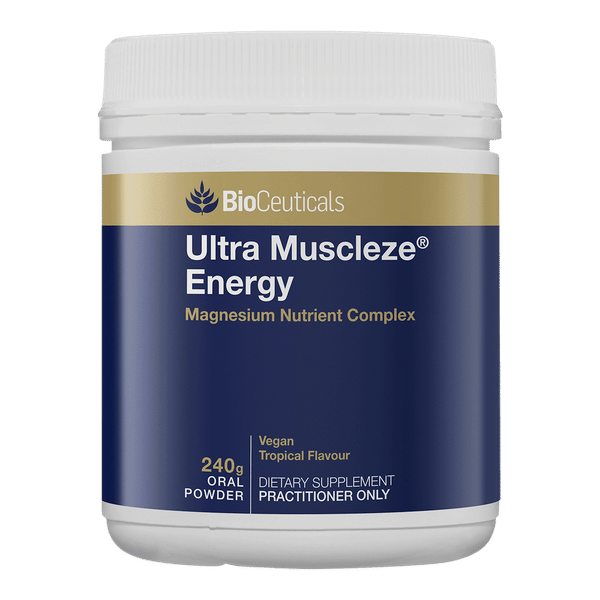
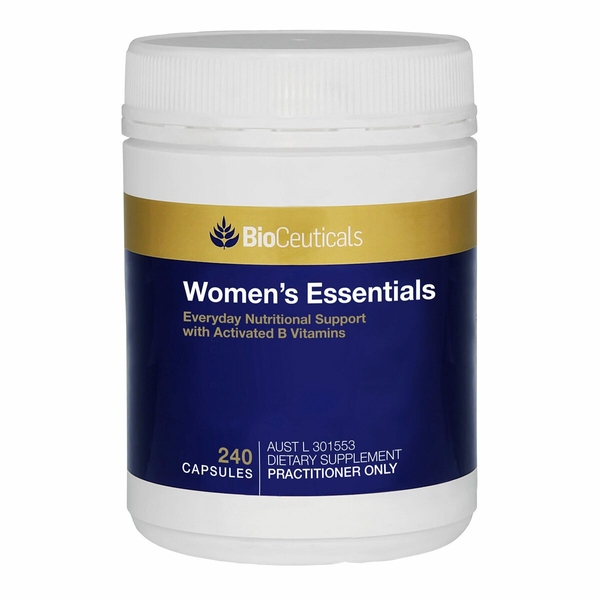
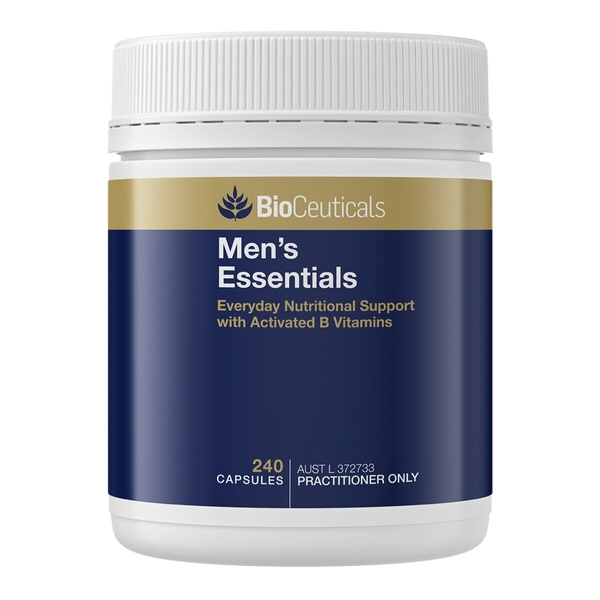
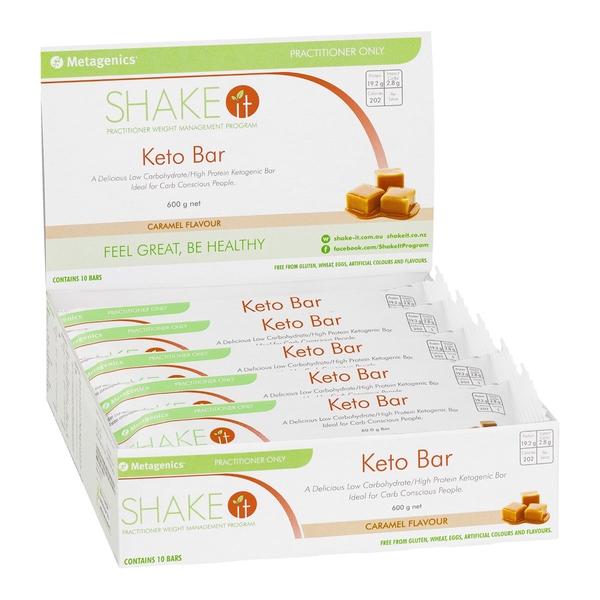
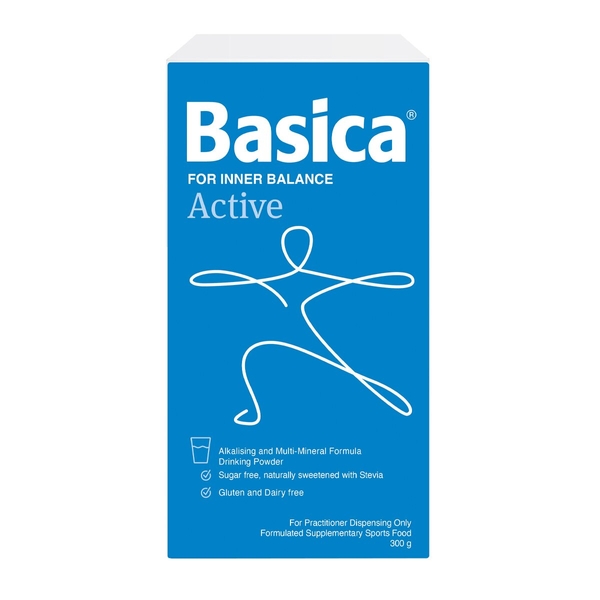
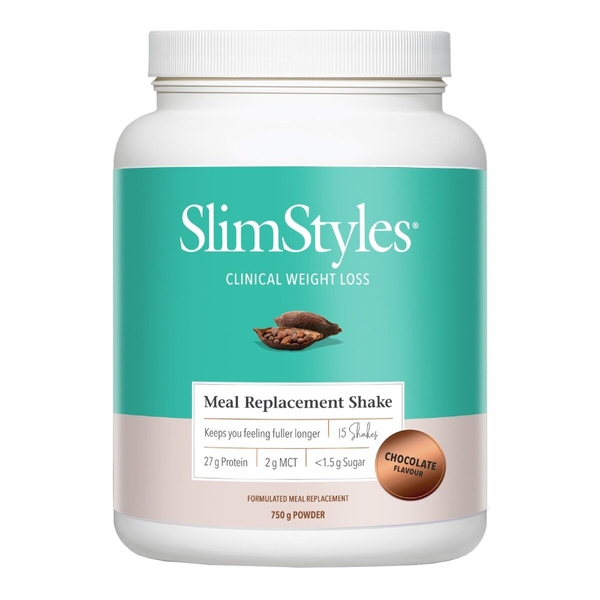
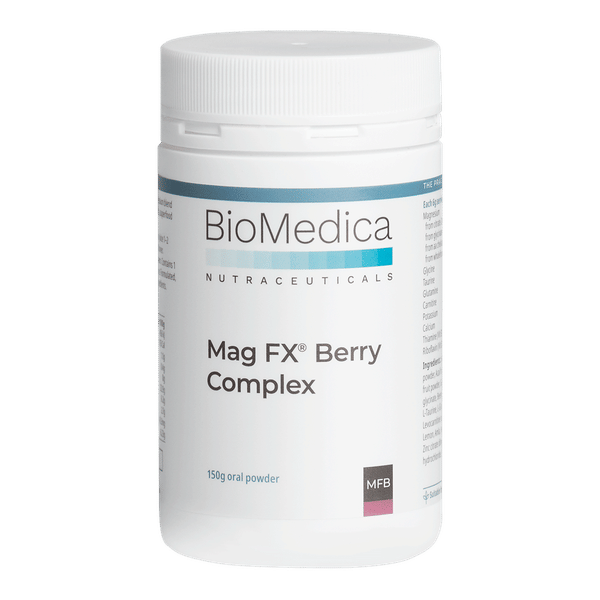


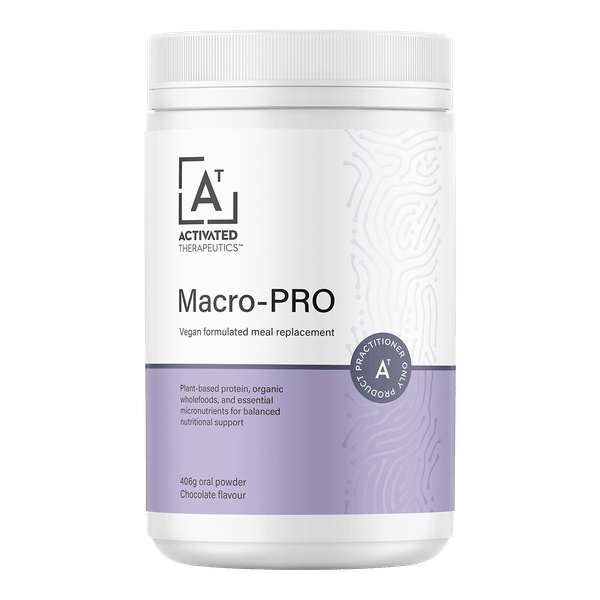
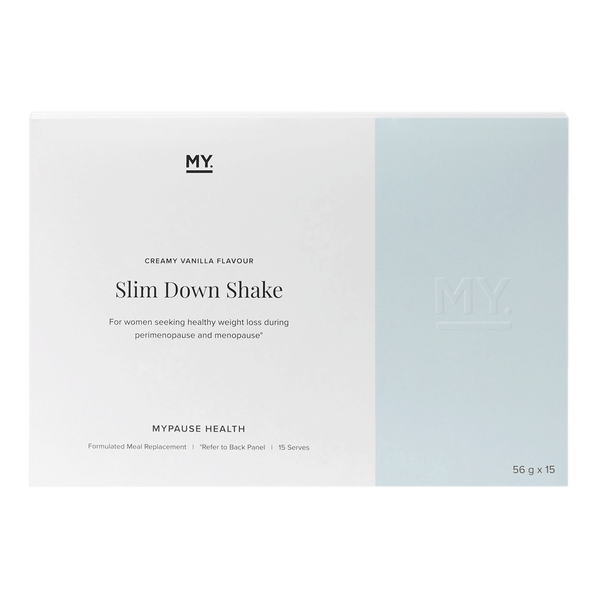
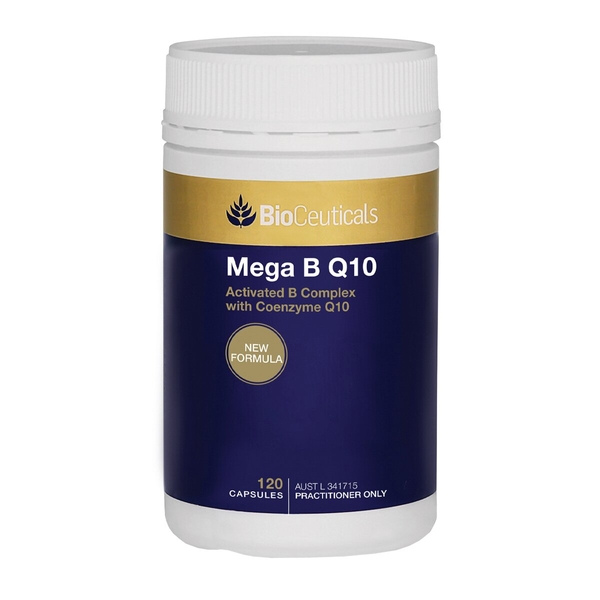
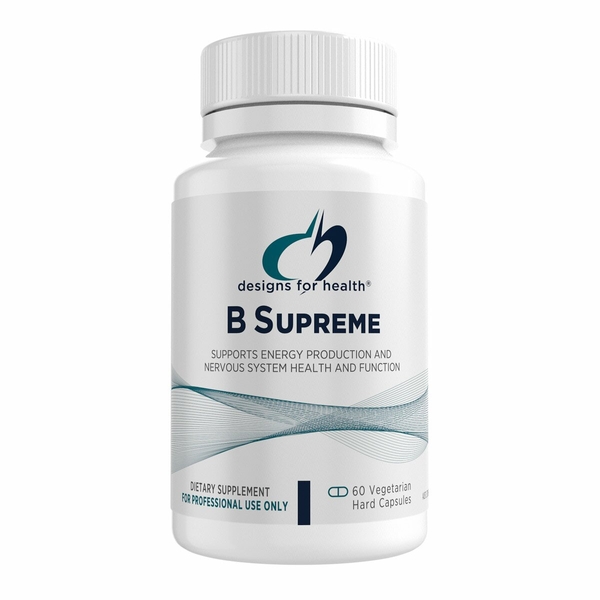
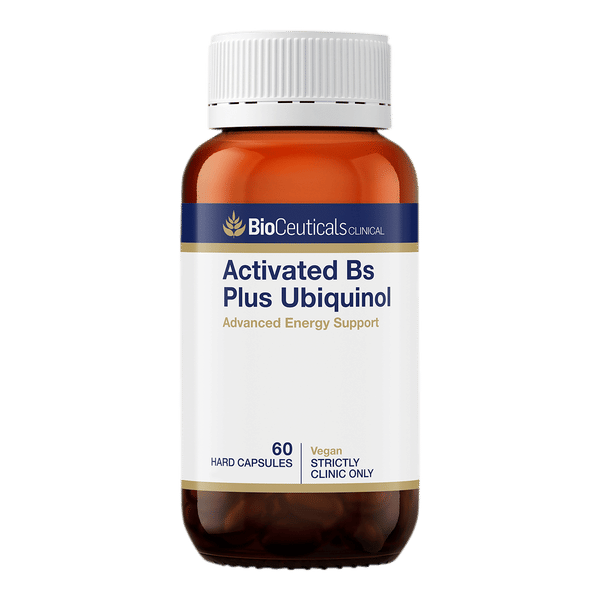
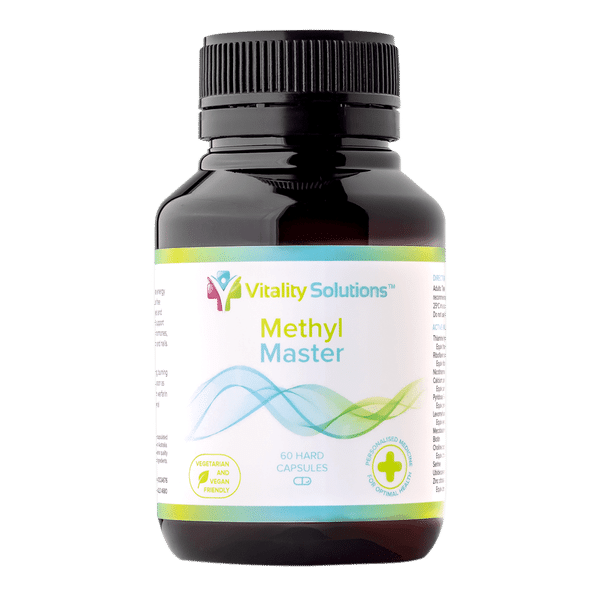
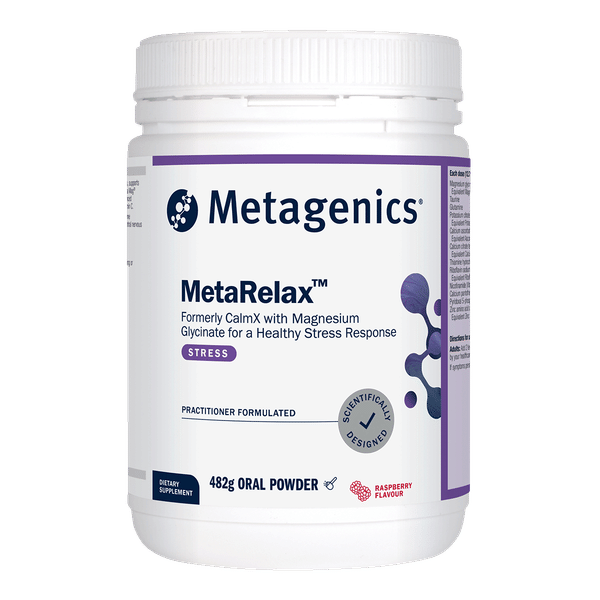

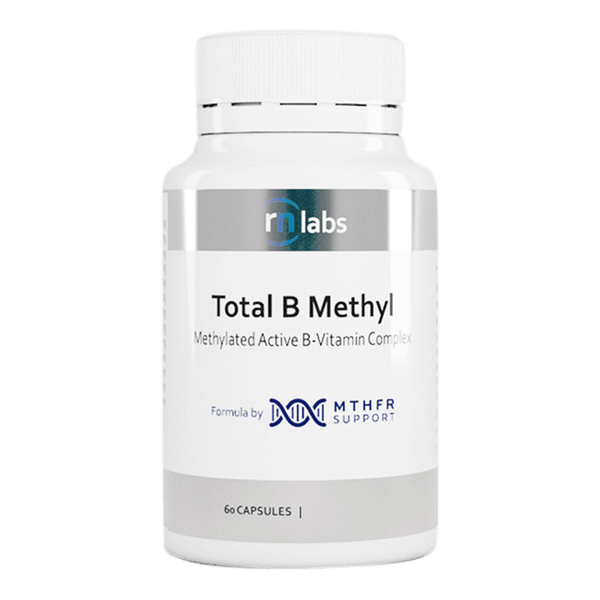
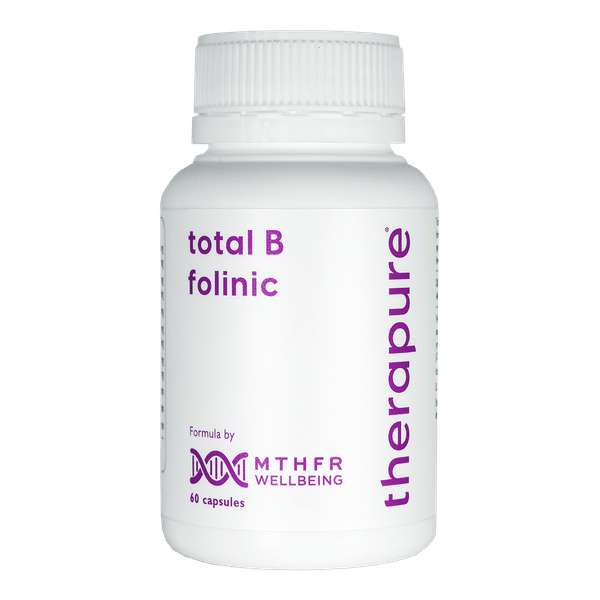
.png)

